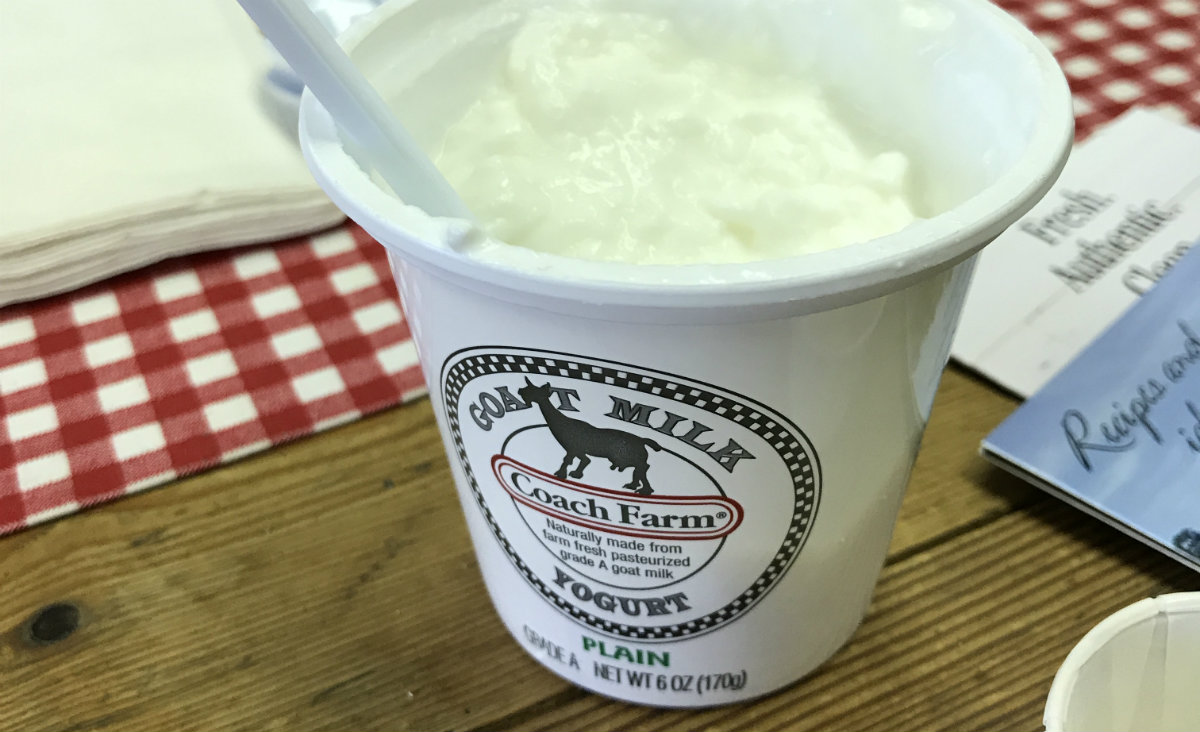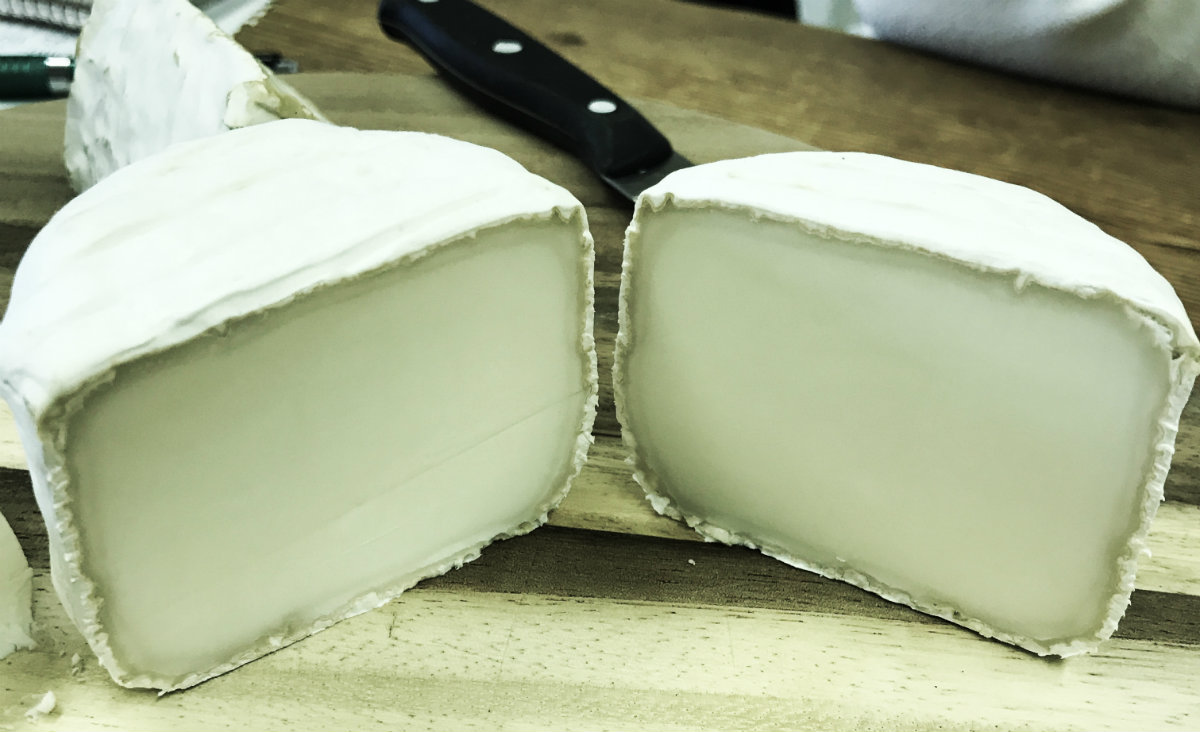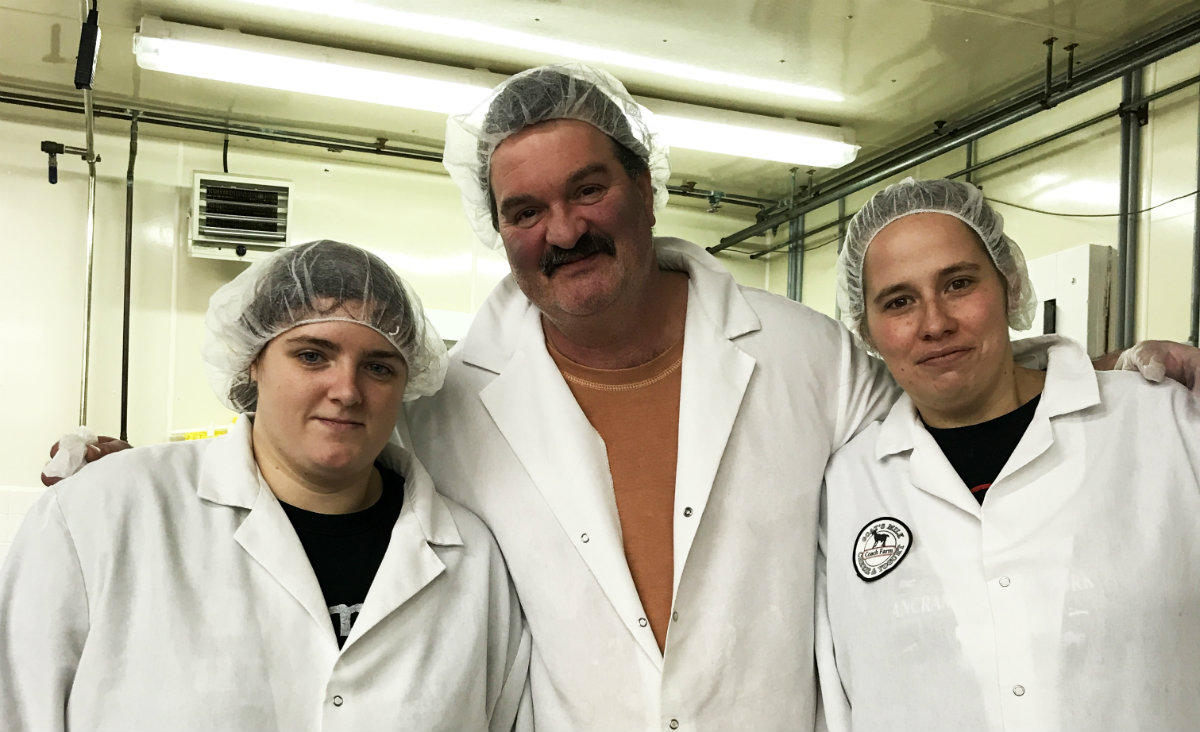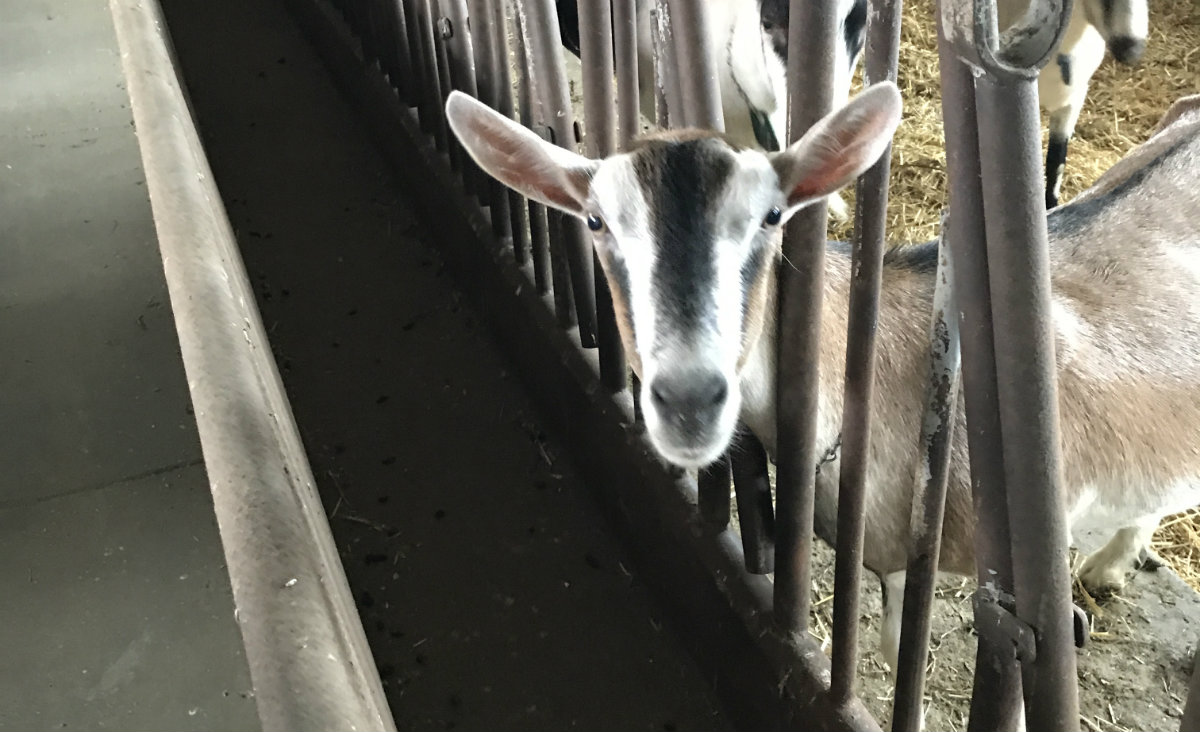Portrait of Coach Farm, The Legacy of a Leather Goods Company
Miles and Lillian Cahn brought French Alpine-style farmstead cheese to Pine Plains, NY.

Miles and Lillian Cahn brought French Alpine-style farmstead cheese to Pine Plains, NY.
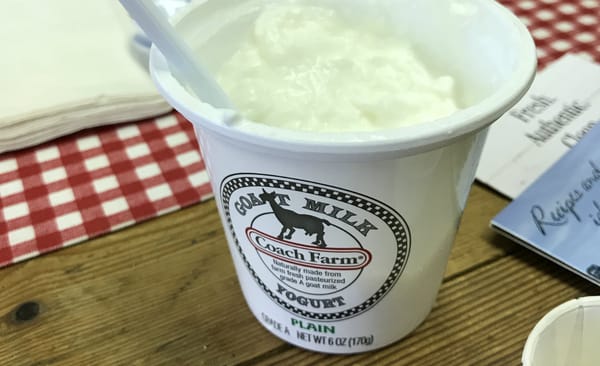
In a little hamlet tucked in the hills of the northern reaches of Dutchess County, the hand-hewn art of farmstead cheese is alive and well. With the success of their first venture, Coach Leather, the enterprising Miles and Lillian Cahn chose Pine Plains, population approximately 2,100, as the locale for their second act, Coach Farm.
Miles Cahn said it was his wife’s idea that their leather goods business should focus solely on women’s handbags, a popular item at the time, the 1950s, with room for improvement. But when Miles came upon some remainder baseball glove leather, supple yet sturdy, the Coach Bag was born. The leather was ideal for the saddlebag-style line of product sold in satellite outlets across the country.
The Cahns sold Coach Leather and its retail stores to Sara Lee Corporation in 1986 for a reported $30 million. They had begun their second business as farmers after developing a palate for farmstead-style cheese and fine wines on buying trips to Europe for Coach. The lifestyles they encountered had called out to them.
But farmstead cheese (produced from the milk collected on the same farm where the cheese is produced) requires skills that in Europe were handed down from generation to generation. Could they learn to apply their skills in the craft of making high-quality leather goods to cheese making in an environment as bucolic as those they encountered in France?
Thirty-eight years later, the answer is yes. Today approximately 125 French Alpine goats are milked twice a day at the farmstead to produce fresh and aged cheese, as well as yogurt and yogurt drinks, for restaurants and cheesemongers. The goat-milk based products are sold at Eataly and Fresh Direct in New York City and throughout the Northeast.
The Cahns endeavored to run the farmstead as authentically as possible. After purchasing 800 acres in Pine Planes and importing almost as many French Alpine goats, the Cahns hired a French woman, Marie Claude Chaleix, who was famous for her cheese-making abilities. She taught them the careful arts of the creamery: adding cultures at the exact moment to separating curds from whey, patting the cheeses before placing in molds, and turning the cheeses, all by hand. Those skills have been passed from one generation of local employees to the next. (The Cahns, who are now both deceased, sold the farm in 2006.)
Aged cheese is rotated three times every half hour. Dain Elmendorf, who has been working at Coach Farm for nine years, keeps an eye on timing. “We do as much as we can by hand for a good product,” he said. “And the less handling the better.”
Last year, sales of goat milk-based cheese internationally rose while milk-based cheese sales remained stagnant, and local chefs are on top of the trend. Josh Kroner, owner/chef at Terrapin Restaurant in Rhinebeck, features goat wontons on both his bistro and dinner menus. Chef Herve Bochard of Café Les Baux in Millford, New York, offers a cheese plate that features Coach Farm’s Triple Cream cheese made with 100-percent goat’s milk.
As anyone on social media can attest, goats like to climb to a high place and look around. Not only do they climb on the pile of rocks provided for them on the farmstead in Pine Plains, goats will climb on the back of cows. No wonder that goat yoga has arisen across America, where the stressed out can bliss out with the gentle prodding of goat hooves on their backs.
Goats are having a moment. Perhaps Miles Cahn knew this day would come.
